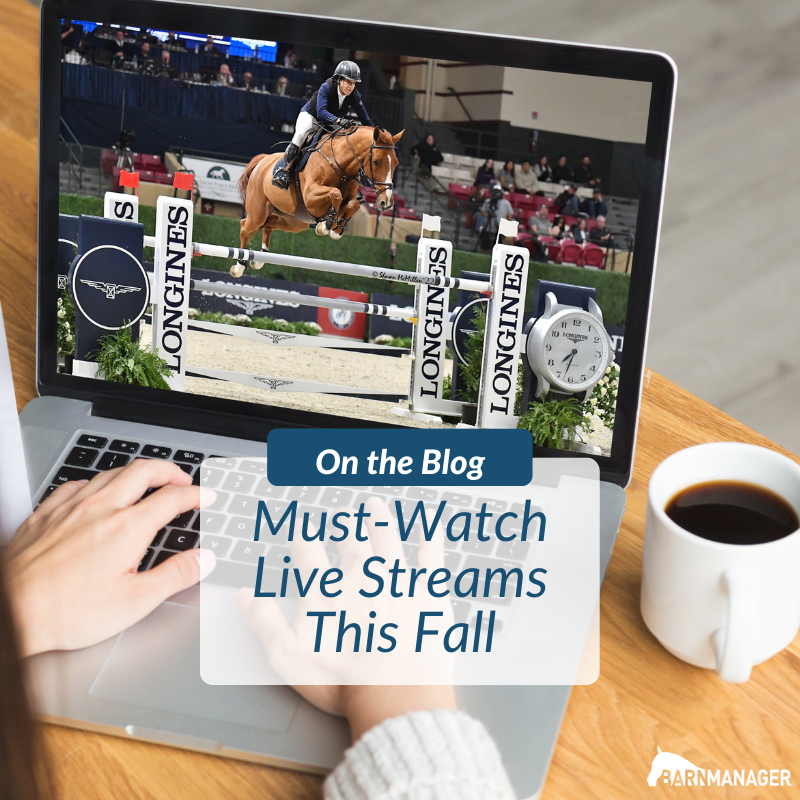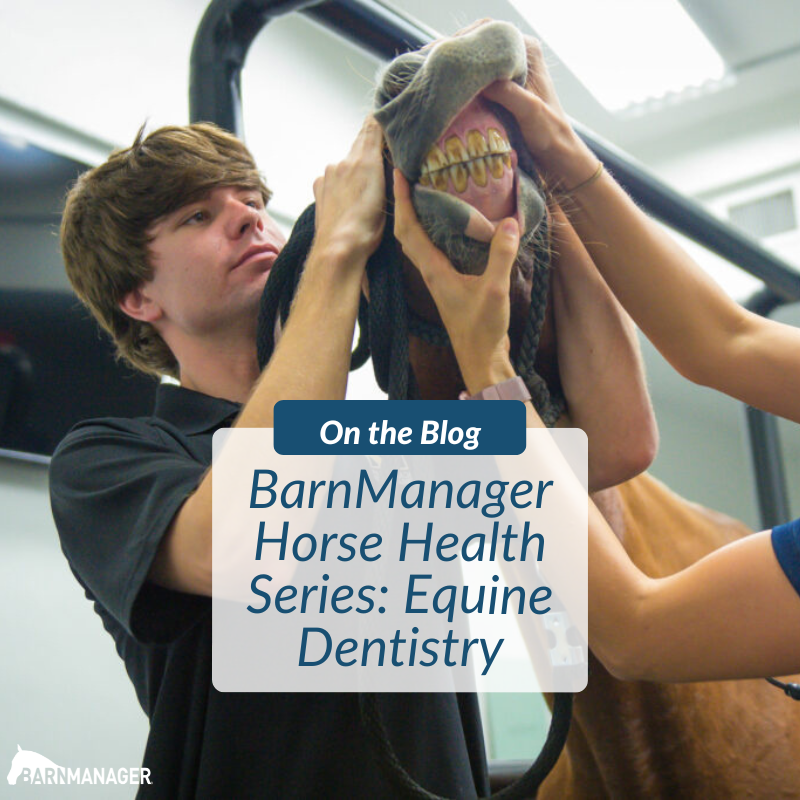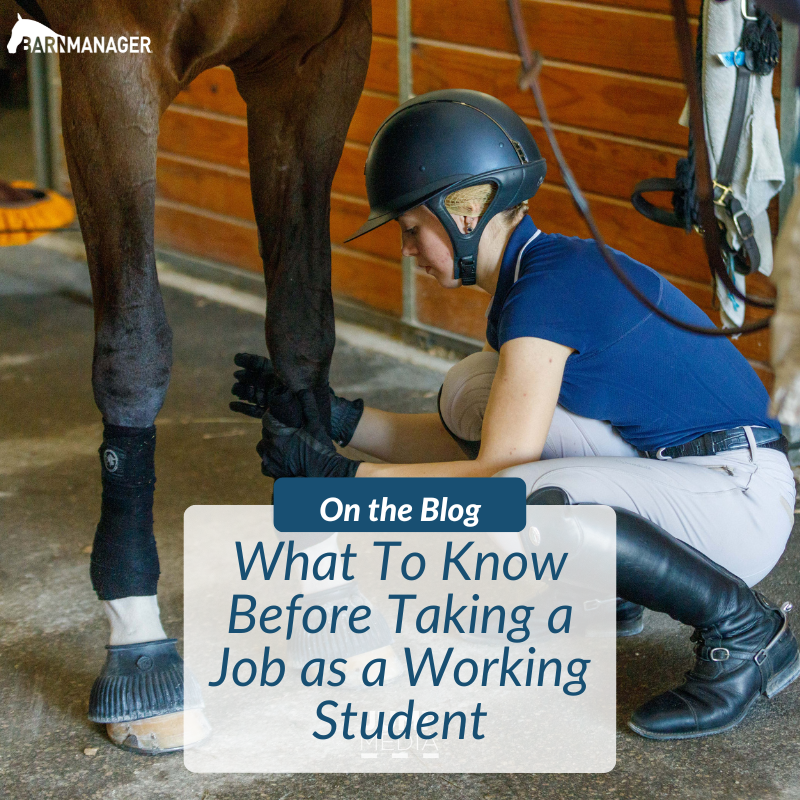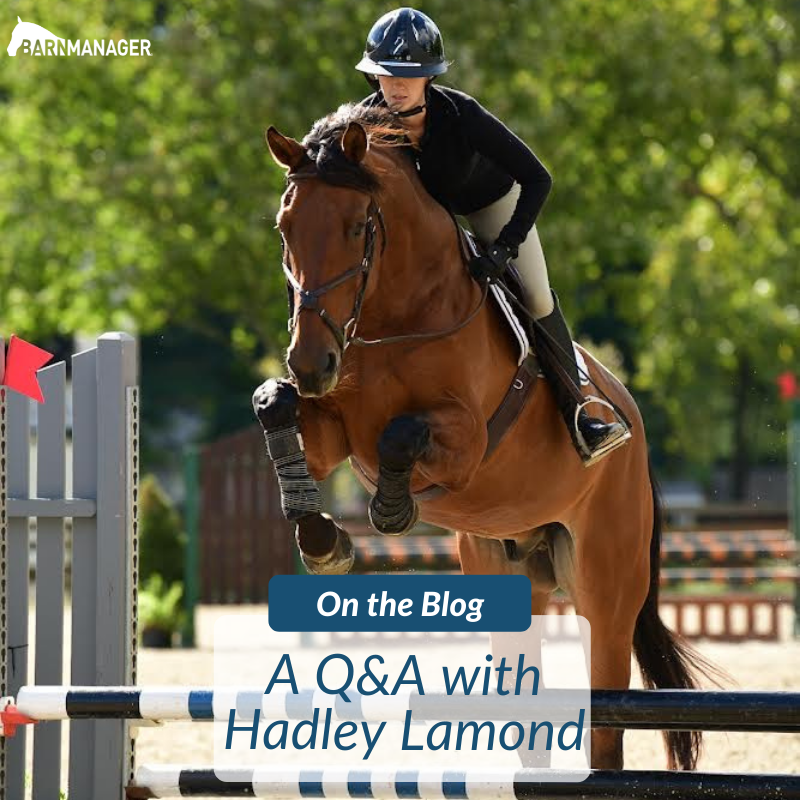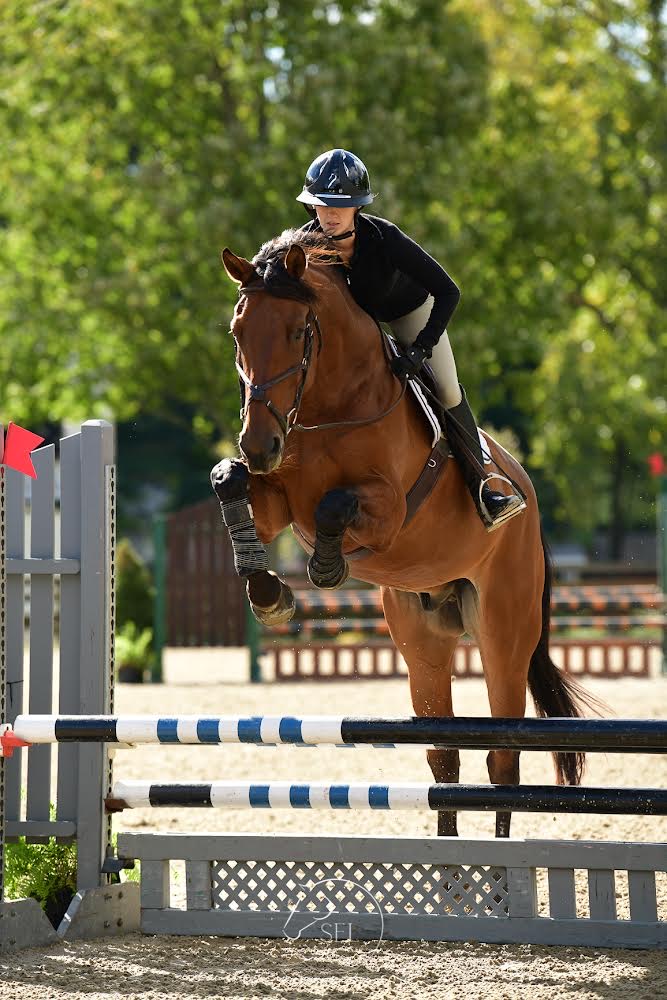As the end of the year approaches, there are several prestigious competitions and finals you will not want to miss seeing. Continue reading to learn where you can catch a few of the most noteworthy show jumping, hunter, equitation, dressage, and eventing shows this fall.
Dressage at Devon:
September 26-October 1, 2023 – Dressage at Devon takes place in Devon, PA. The event offers international competition at several levels including World Cup qualifiers, three-star competition, Junior and Young Rider qualifiers, and Adult Amateur competition. It is also one of the largest open-breed shows in the world.
Where to watch: Horse & Country
Capital Challenge Horse Show:
September 28-October 8, 2023 – Capital Challenge Horse Show will celebrate its 30th anniversary at Prince George’s Equestrian Center in Upper Marlboro, MD. Enjoy top equitation competition during Equitation Weekend, presented by BIGEQ.com. Hunter competition takes center stage starting on Monday, October 2, with the country’s best horse-and-rider combinations going head-to-head in World Championship Hunter Rider (WCHR) Challenges and Finals. The highlight event will be the $25,000 WCHR Professional Finals on Friday, October 6.
Where to watch: CapitalChallenge.org or USEF Network
CSI Greenwich:
October 5-8, 2023 – CSI Greenwich takes place at the iconic Greenwich Polo Club in Greenwich, CT. The event will feature five-star Major League Show Jumping competition on the beautiful grass field.
Where to watch: Horse & Country, MLSJ TV, and ClipMyHorse.TV
Washington International Horse Show:

October 23-29, 2023 – The 2023 Washington International Horse Show (WIHS) will take place at Prince George’s Equestrian Center in Upper Marlboro, MD. The country’s best show jumping, hunter, and equitation riders will compete at the prestigious event. Highlights include the $450,000 Longines FEI Jumping World Cup™ Washington CSI5*-W for the President’s Cup, which is the only five-star World Cup qualifier in the U.S., and the WIHS Equitation Finals, both on Saturday, October 28.
Where to watch: USEF Network/ClipMyHorse.TV
Les 5 Étoiles de Pau:
October 26-29, 2023 – Les 5 Étoiles de Pau will take place in Domaine de Sers in Pau, France, and will feature some of the world’s top eventing riders and horses. The competition is one of the seven five-star events in the world.
Where to watch: Horse & Country
The Royal Horse Show:
November 3-12, 2023 – The 2023 Royal Horse Show will take place at Exhibition Place in Toronto, Canada, as part of the Royal Agricultural Winter Fair. The event will highlight hunter classes as well as top international show jumping competition. The main event of the week will be the $250,000 Longines FEI Jumping World Cup™ Toronto CSI5*-W on Saturday, November 11.
Where to watch: The Royal Agricultural Winter Fair
Where to watch the $250,000 Longines FEI Jumping World Cup™ Toronto CSI5*-W: ClipMyHorse.TV
World Equestrian Center – Ocala November Dressage CDI3*:
November 16-19, 2023 – Dressage competition will take the spotlight at World Equestrian Center – Ocala during the November Dressage CDI3* show in Ocala, FL. In addition to offering three-star dressage competition, the event will also offer USEF/USDF competition and serve as a qualifying show for the Great American/United States Dressage Federation Regional Championships.
Where to watch: ClipMyHorse.TV
Longines Global Champions Tour (LGCT) Prague:
November 16-19, 2023 – LGCT Prague is the final event of the Global Champions Tour circuit. The show will take place in the O2 Arena in Prague, Czech Republic. Top international show jumping athletes will compete for coveted titles with the main events being the LGCT Super Grand Prix and the Global Champions League Super Cup.
Where to watch: GCTV
Have questions about utilizing BarnManager or want to give it a try for yourself? Request a live demo here!
